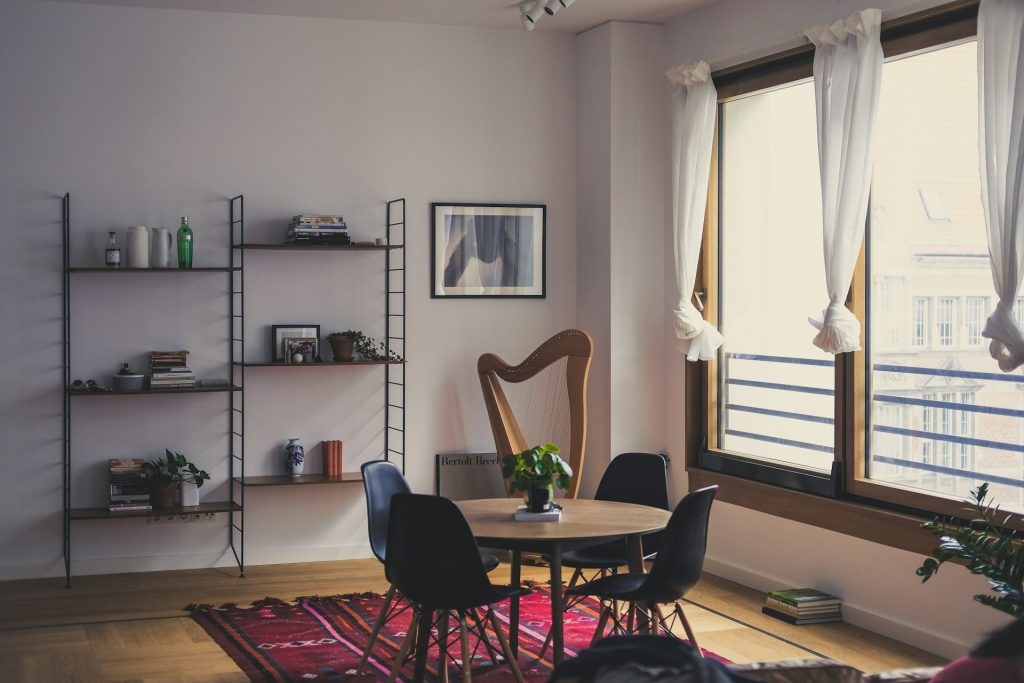Melbourne—a city that hums with vibrant culture, world-class coffee, and a calendar packed with events—is a magnet for travelers. From the iconic laneways and street art to the bustling markets and festivals, it’s no wonder visitors flock here year-round. For property owners, this consistent influx of tourists presents an enticing question: is hosting on Airbnb in Melbourne a profitable venture?
The answer, as you might expect, isn’t black and white. Hosting success depends on a blend of factors, including property location, pricing strategy, guest experience, and Melbourne’s unique short-term rental landscape. Let’s dive into the nitty-gritty to help you decide if joining the Airbnb ranks in this cosmopolitan city is worth your time and investment.
Table of Contents
ToggleThe Demand for Short-Term Rentals in Melbourne
Melbourne’s reputation as a global travel destination fuels strong demand for short-term rentals. From business travelers attending conferences to families on holiday and digital nomads seeking inspiration, the city caters to a diverse range of guests. Events like the Australian Open, Melbourne Cup Carnival, and countless cultural festivals amplify demand, particularly in the CBD and surrounding suburbs.
Tourism statistics reveal that Melbourne attracts millions of international and domestic visitors annually. The city’s thriving arts scene, sporting events, and culinary delights make it a year-round hotspot. This steady stream of visitors means short-term rental hosts have the opportunity to tap into a lucrative market, provided they position their properties correctly.
Key Factors That Influence Profitability
1. Location, Location, Location
In real estate—and in Airbnb hosting—location is everything. Properties in Melbourne’s CBD, Southbank, Fitzroy, and Carlton tend to perform exceptionally well due to their proximity to major attractions, public transport, and dining options. Tourists often seek convenience, making centrally located properties more desirable.
However, suburbs like St Kilda, Richmond, and Brunswick also hold significant potential. These areas combine accessibility with a local charm that appeals to travelers looking for a more authentic Melbourne experience. Understanding your property’s appeal and its local market dynamics is essential to maximizing profitability.
2. Seasonality and Event-Driven Demand
Melbourne’s tourist season peaks during the summer months (December to February) and during major events like the Australian Open in January. Hosting during these periods can yield premium rates, but it’s crucial to account for slower seasons, such as the colder winter months, when demand typically dips.
To maintain profitability year-round, successful hosts adjust their pricing dynamically. Offering discounts during quieter periods can help maintain consistent bookings, while raising prices during high-demand events ensures you capitalize on peak interest.
3. Compliance with Local Regulations
Melbourne’s short-term rental market is governed by a set of regulations designed to balance the needs of residents, property owners, and travelers. These include limits on the number of nights a property can be rented out annually without council approval and requirements for compliance with strata laws in apartment complexes.
Understanding and adhering to these regulations is non-negotiable. Fines for non-compliance can eat into your profits and jeopardize your ability to continue hosting. Researching local rules—or consulting an expert—before listing your property is a critical step.
The Costs of Hosting on Airbnb in Melbourne
While the earning potential is significant, hosting also comes with costs that can impact profitability. These include:
1. Upfront Investments
Before welcoming guests, you’ll need to prepare your property. This might involve furnishing the space, stocking essentials, and ensuring everything is in top-notch condition. For older properties, upgrades or repairs may be necessary to meet guest expectations.
2. Ongoing Expenses
Recurring costs such as cleaning fees, utilities, and restocking consumables like toiletries and coffee can add up. Many hosts also choose to hire professional cleaning services to ensure consistent quality, which can be a worthwhile expense but impacts your bottom line.
3. Airbnb Fees and Taxes
Airbnb charges hosts a service fee (typically around 3% of each booking). Additionally, income from Airbnb hosting is taxable in Australia, so you’ll need to factor in income tax and potentially GST if your revenue exceeds the threshold.
Strategies for Maximizing Profitability
If you’re serious about making Airbnb hosting in Melbourne profitable, strategic planning is your best friend. Here are some tried-and-true methods to boost your earnings:
1. Optimize Your Listing
Invest time in crafting a standout listing. High-quality photos, a detailed description, and clear house rules set the stage for a positive guest experience. Highlight unique selling points like proximity to attractions, free parking, or a stunning view.
2. Leverage Pricing Tools
Dynamic pricing tools help you set competitive rates while maximizing revenue. By adjusting rates based on demand, you can strike the perfect balance between occupancy and profitability.
Airbnb Management Melbourne service can help you grow your Airbnb. Get in touch to learn more.

3. Offer an Unforgettable Experience
Guests value comfort, cleanliness, and convenience. Pay attention to the small details—like providing fresh linens, a stocked kitchen, and a welcome guide—to earn glowing reviews and repeat bookings.
4. Expand Your Marketing Efforts
While Airbnb provides visibility, marketing your property on additional platforms like VRBO or Booking.com can increase bookings. Social media and direct referrals from satisfied guests are also powerful tools.
Is Hosting on Airbnb in Melbourne Worth It?
Ultimately, whether hosting on Airbnb in Melbourne is profitable depends on your property, management style, and willingness to adapt to market trends. Hosts with prime locations, competitive pricing, and a commitment to delivering excellent service often see impressive returns. However, those unprepared for the effort and costs involved may struggle to turn a significant profit.
Before diving in, take a realistic look at your property’s earning potential, the time you can dedicate to hosting, and the regulations in your area. With proper planning and a clear strategy, Airbnb hosting can be a rewarding side business—or even a full-time venture—in Melbourne’s thriving short-term rental market.
Learn more about Airbnb Policies to stay informed.
FAQ: Is Hosting on Airbnb Profitable in Melbourne?
How much can I earn hosting on Airbnb in Melbourne?
Earnings vary by location, property type, and demand. Properties in Melbourne's CBD or near major events can earn $2,000–$5,000 per month.
What are the busiest times for Airbnb in Melbourne?
Peak times include summer months (December to February) and major events like the Australian Open and Melbourne Cup Carnival.
What are the costs of hosting on Airbnb?
Costs include cleaning fees, utilities, Airbnb service fees, and local taxes. Initial investments like furnishings also affect profitability.
Are there regulations for Airbnb hosts in Melbourne?
Yes, regulations include night limits, council permits, and strata rules. Hosts must also comply with tax and safety requirements.
How can I improve my Airbnb profitability?
Optimize your listing, use dynamic pricing tools, provide excellent guest experiences, and expand your marketing efforts to attract more bookings.
